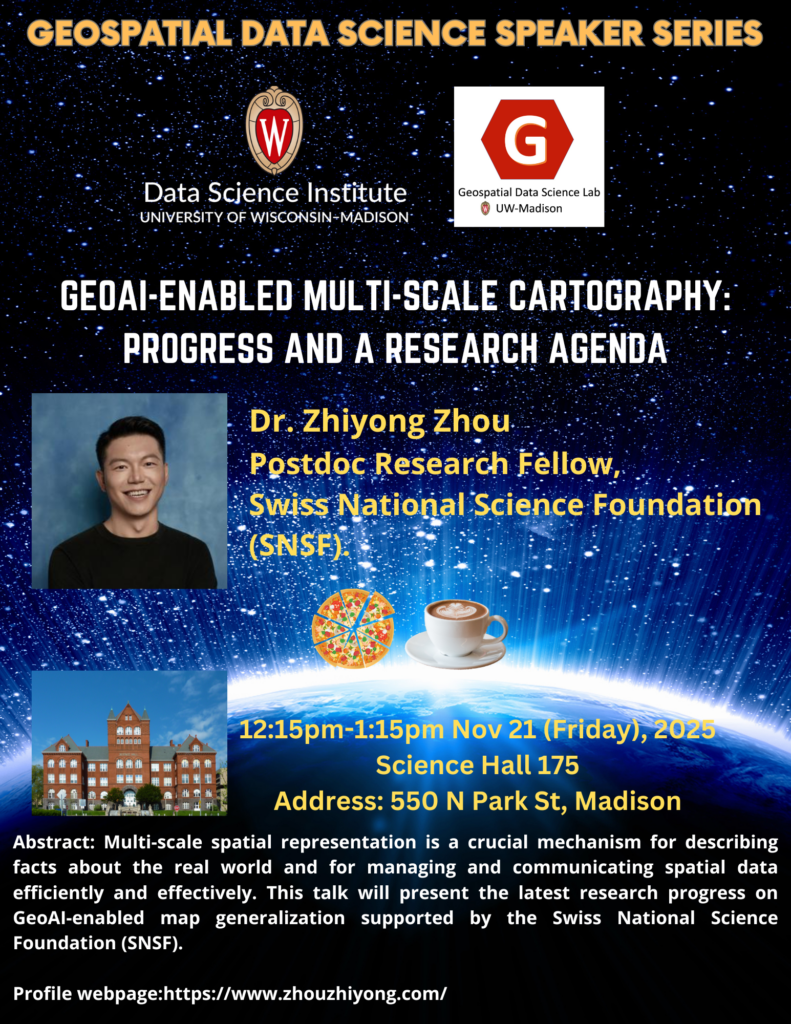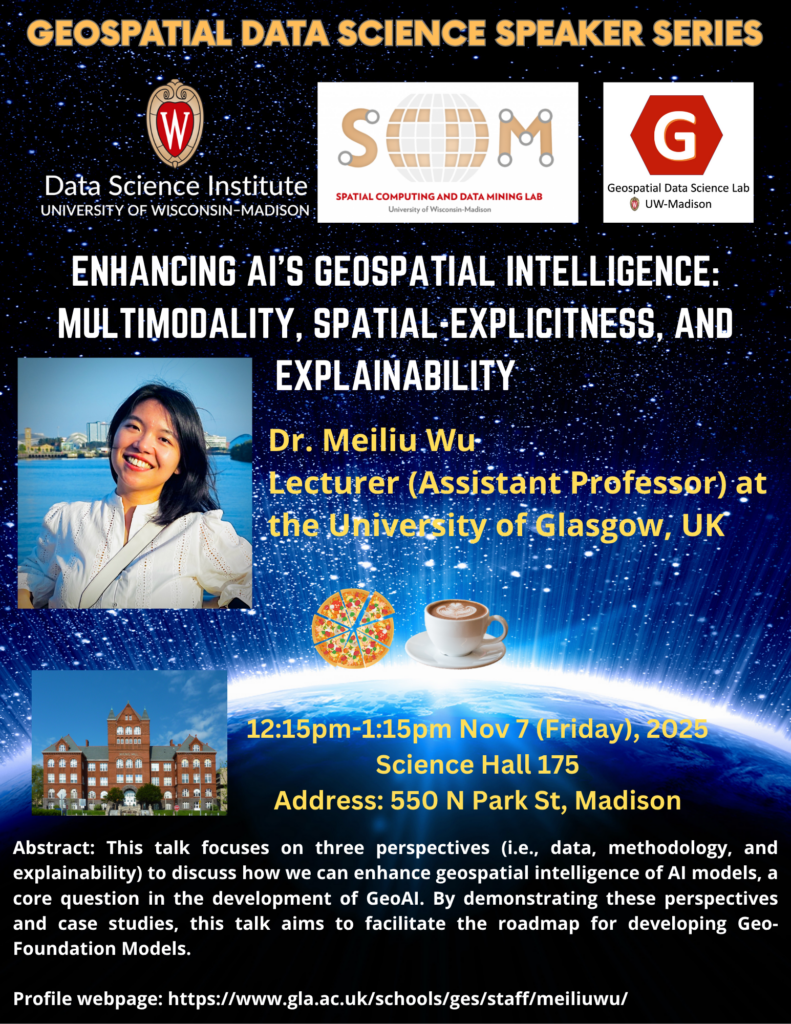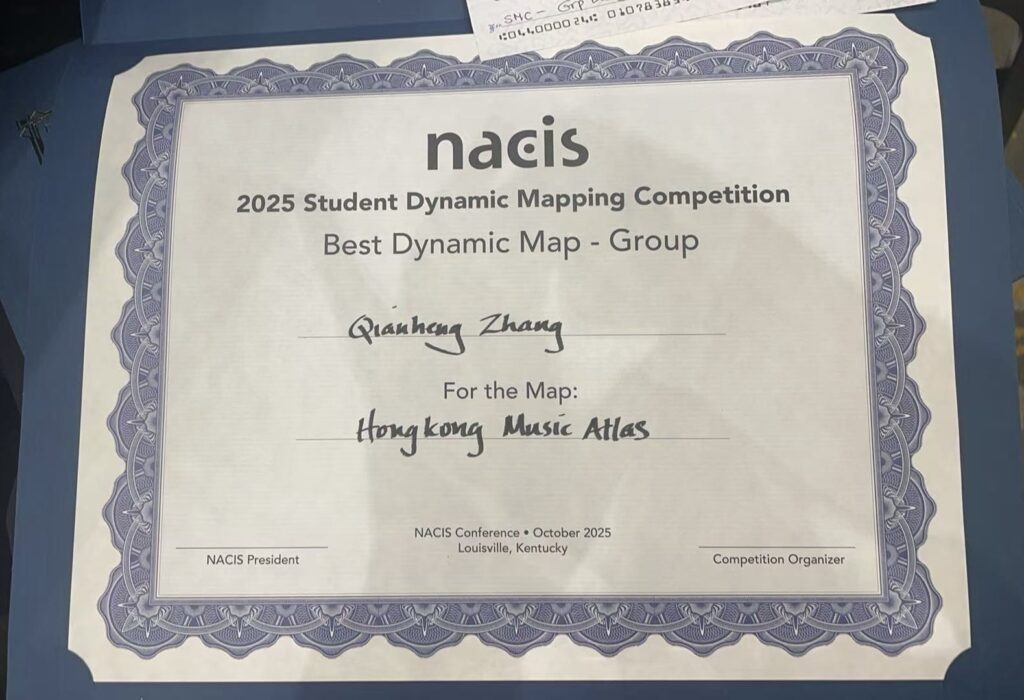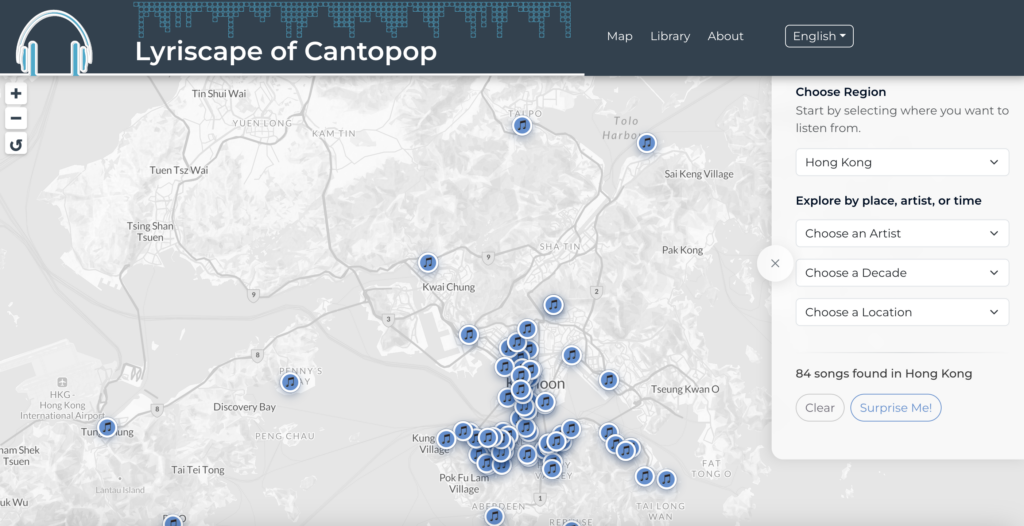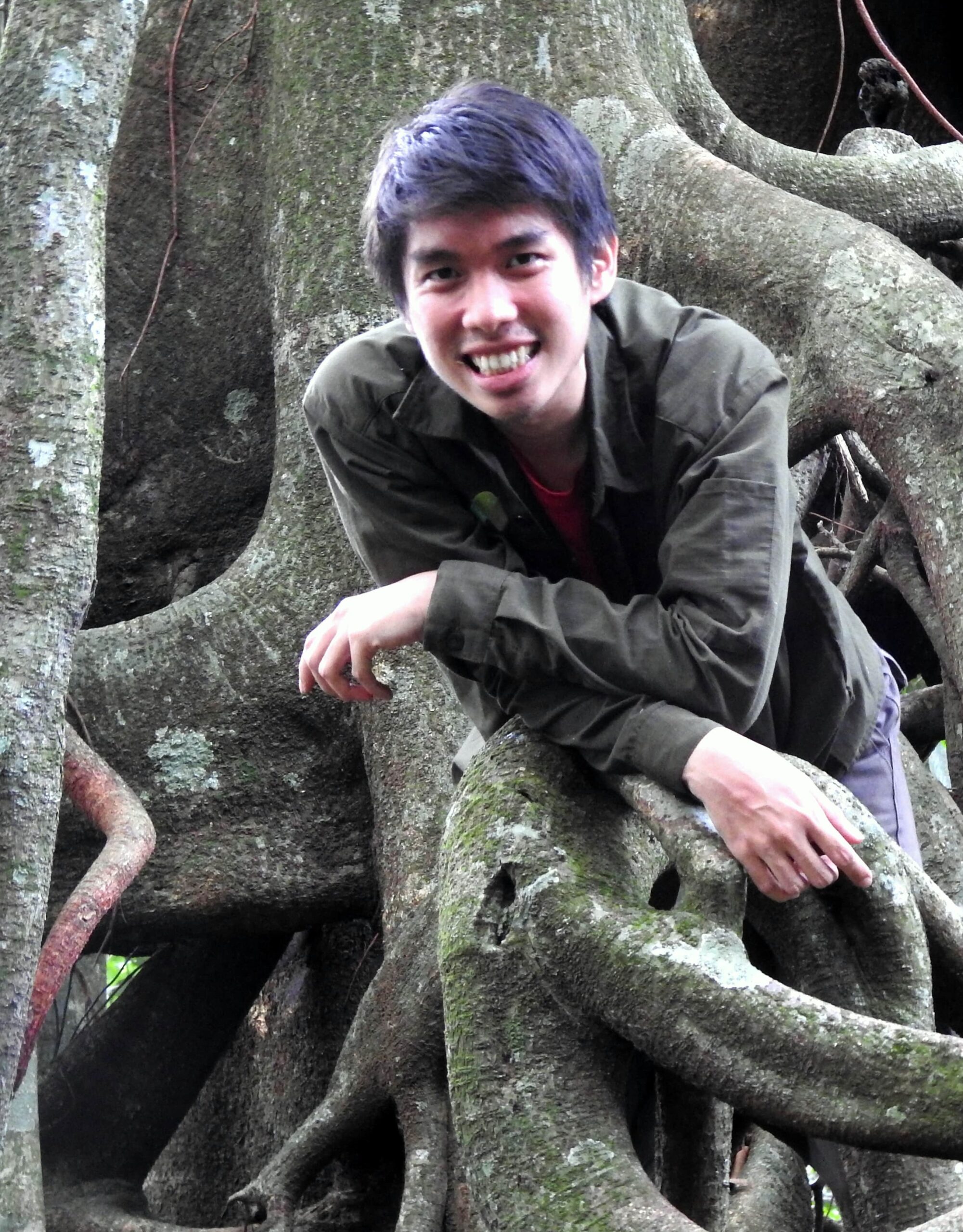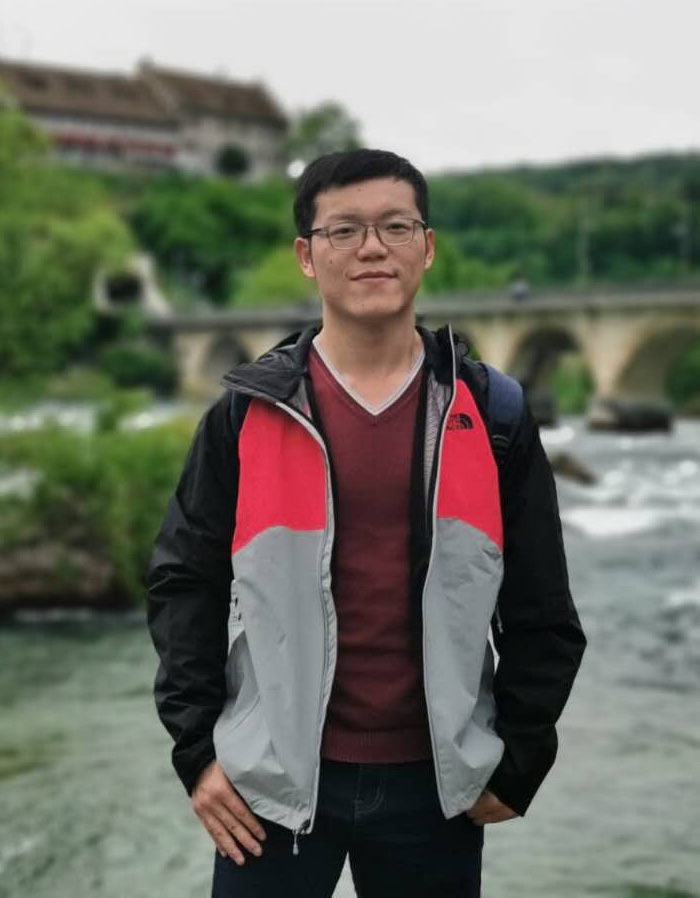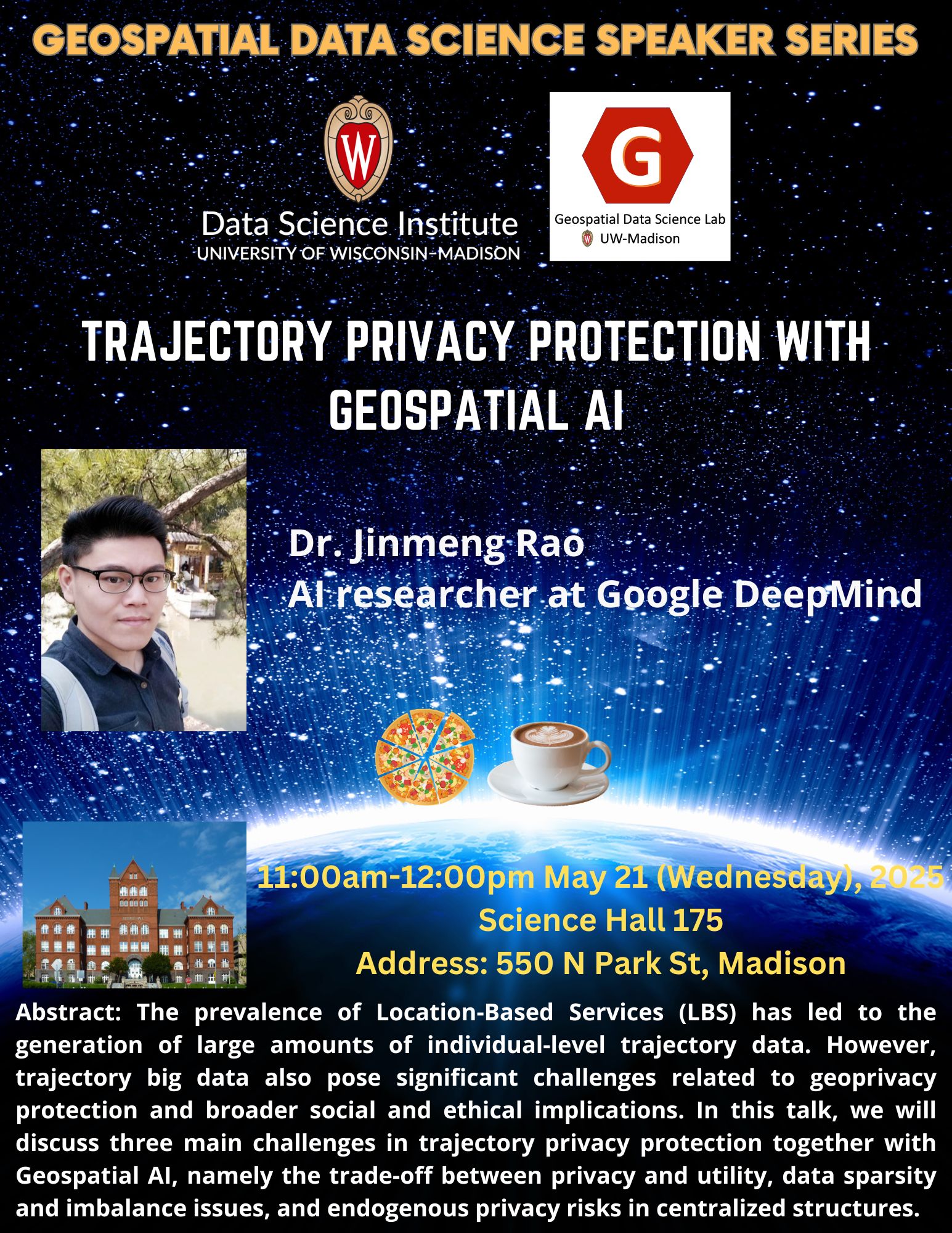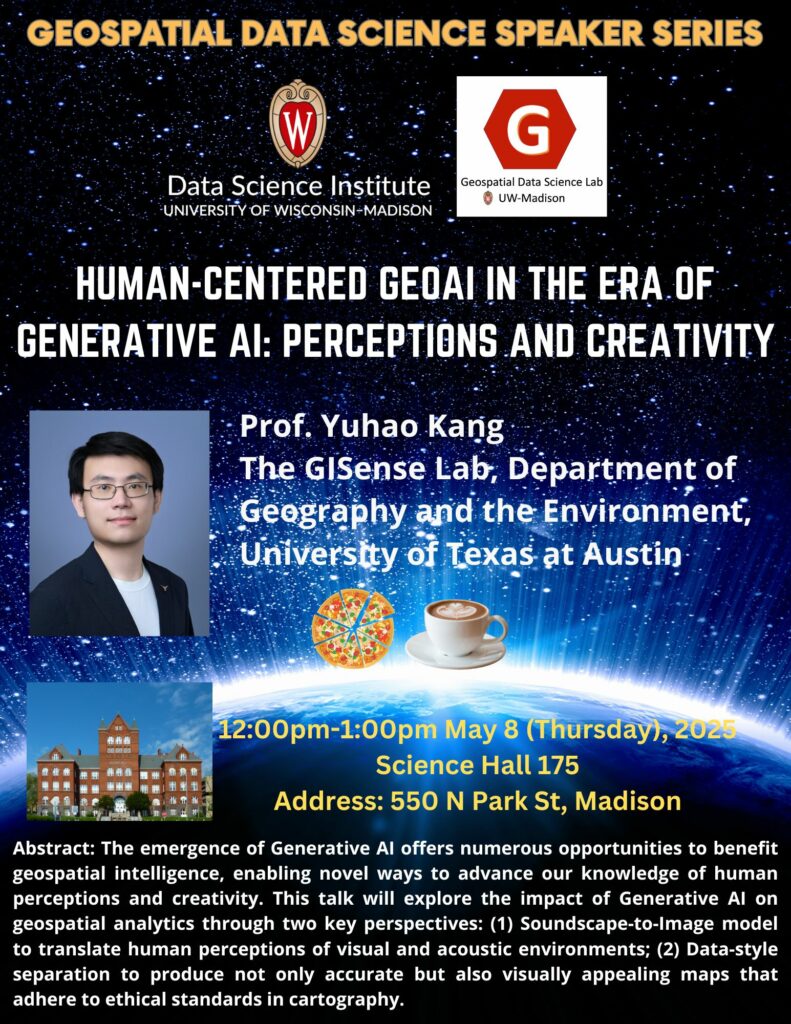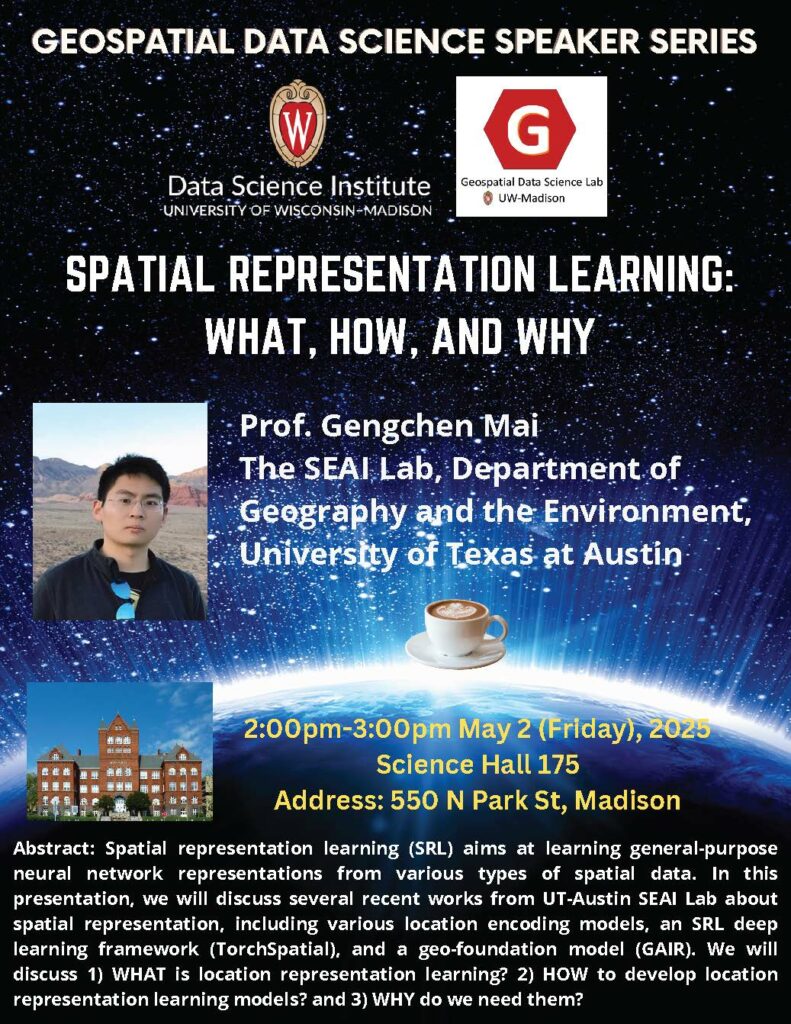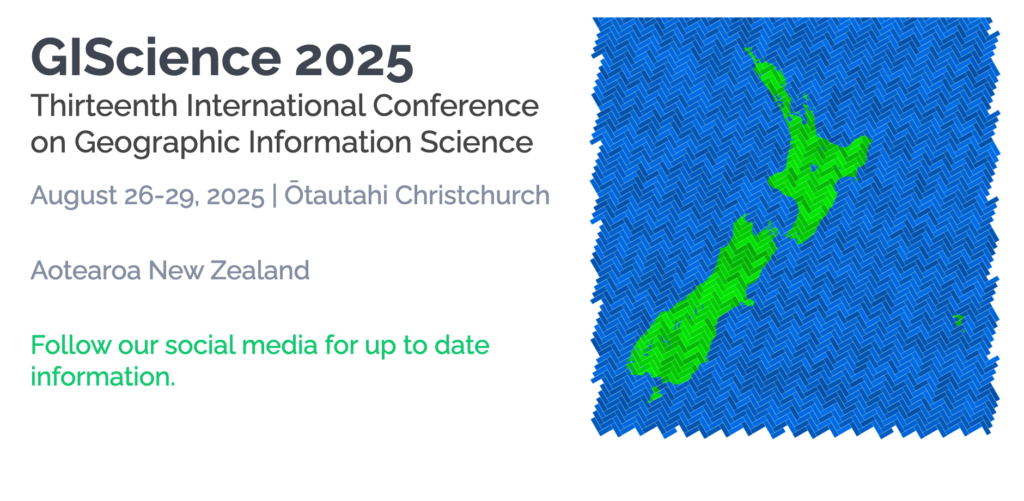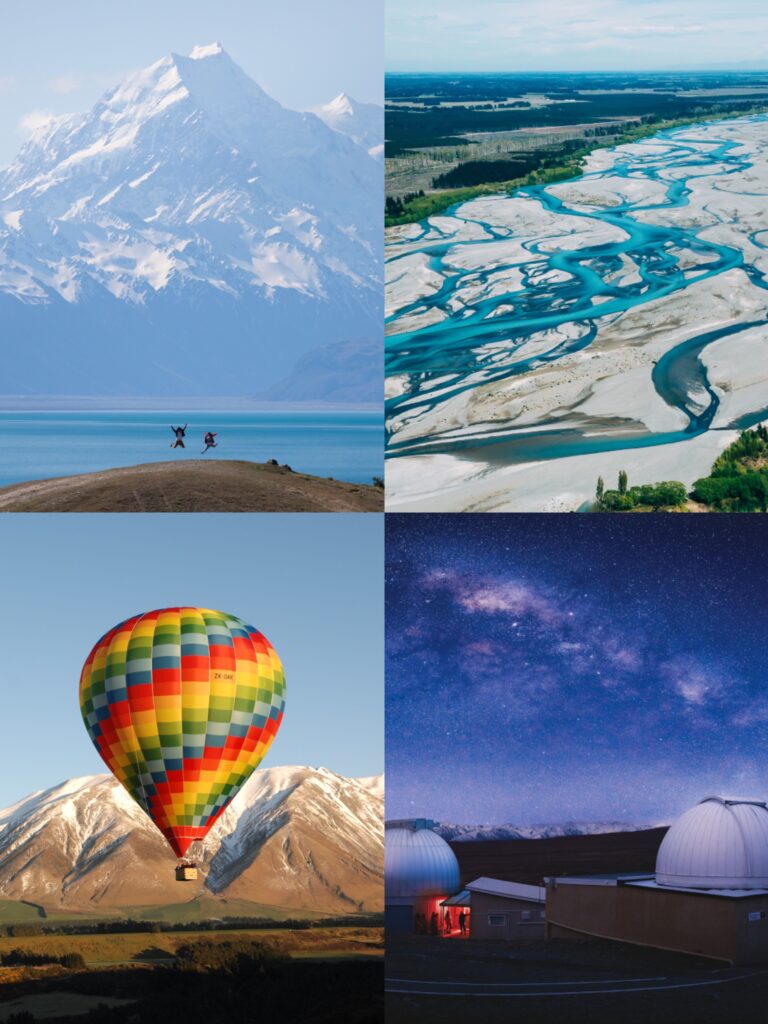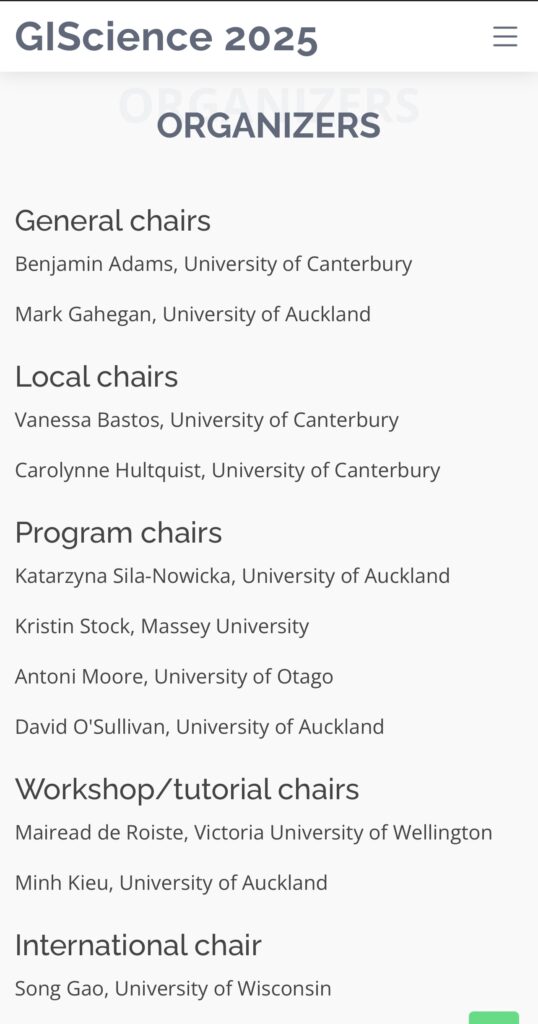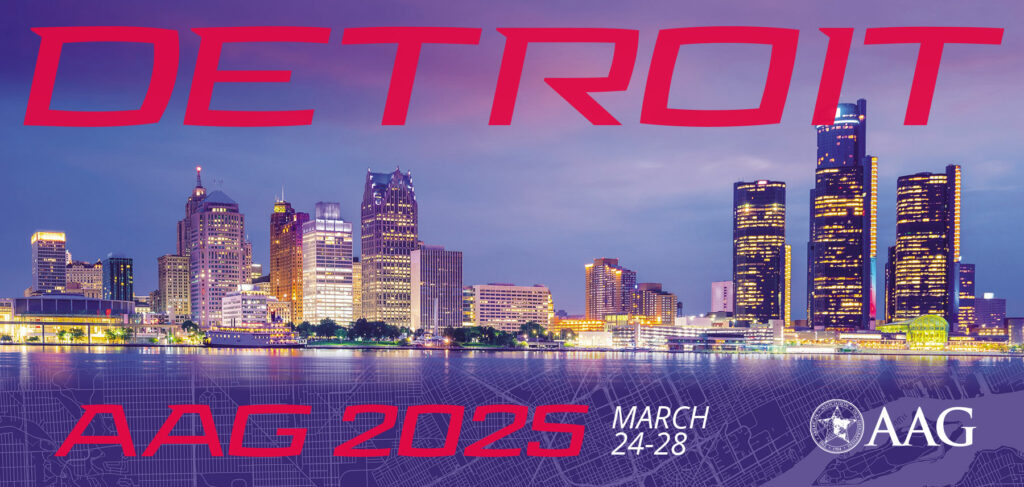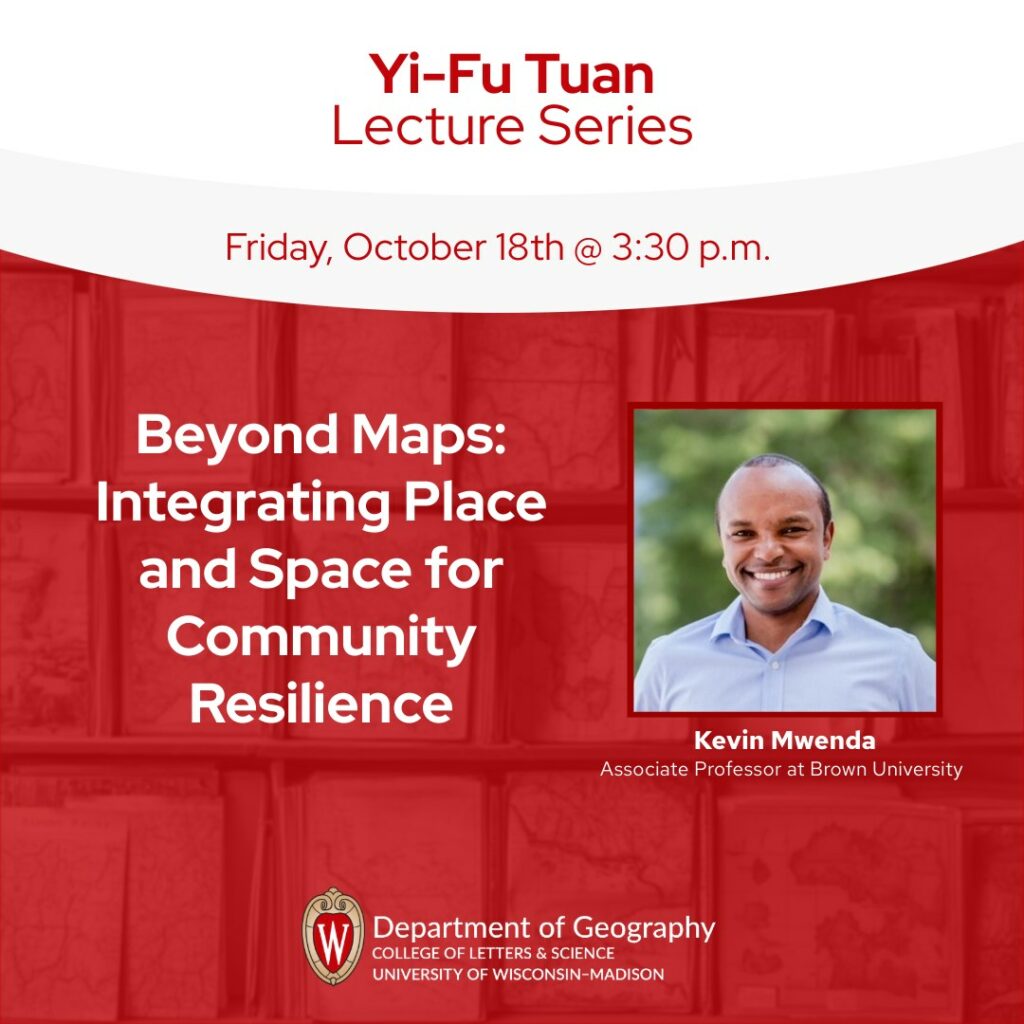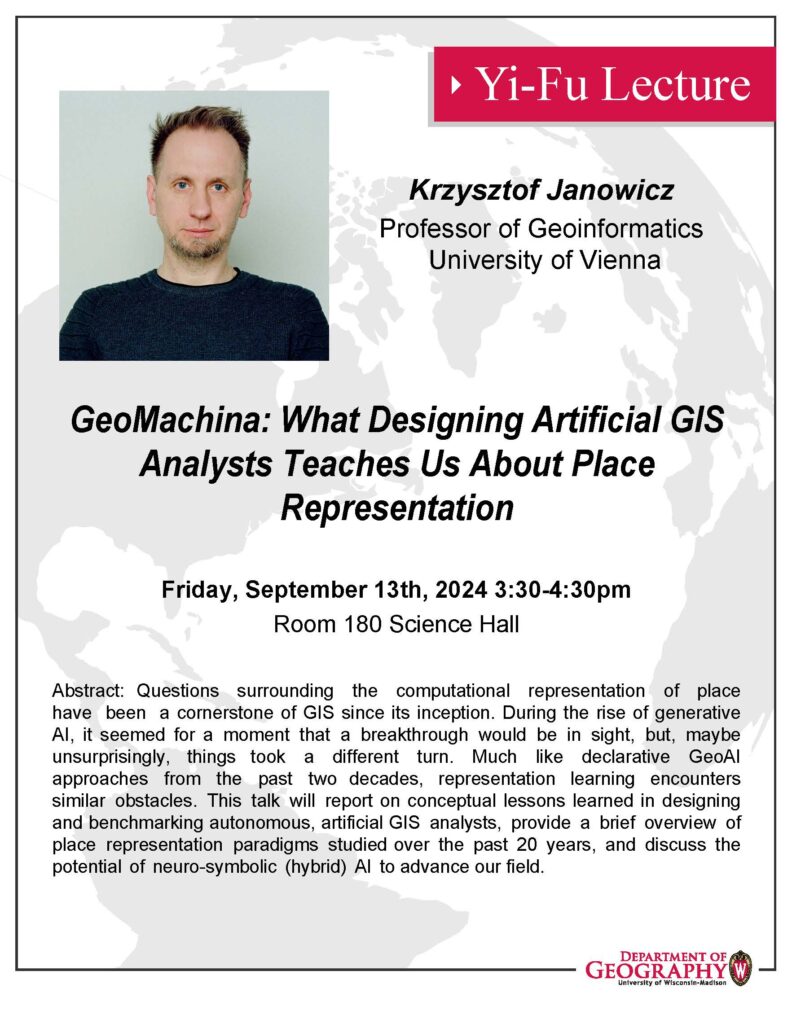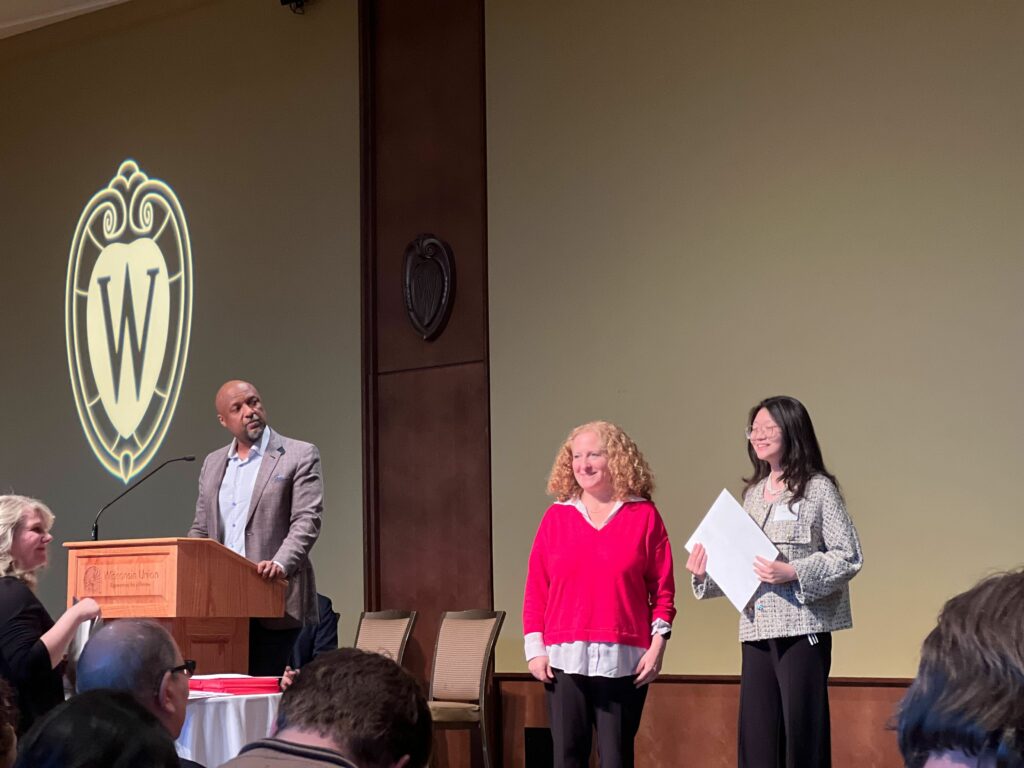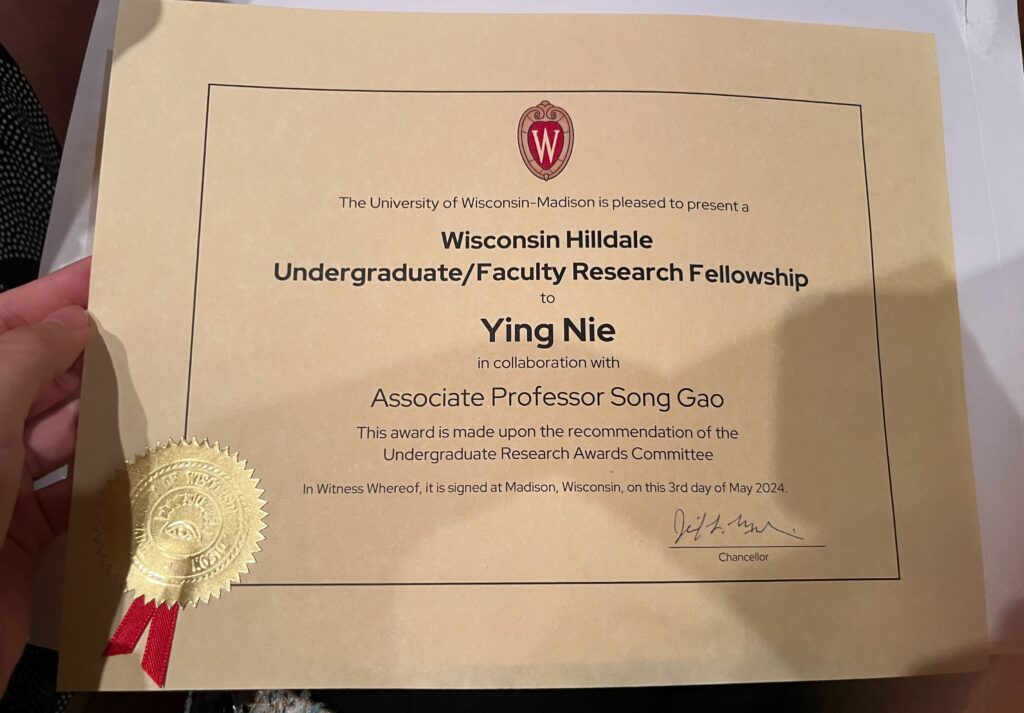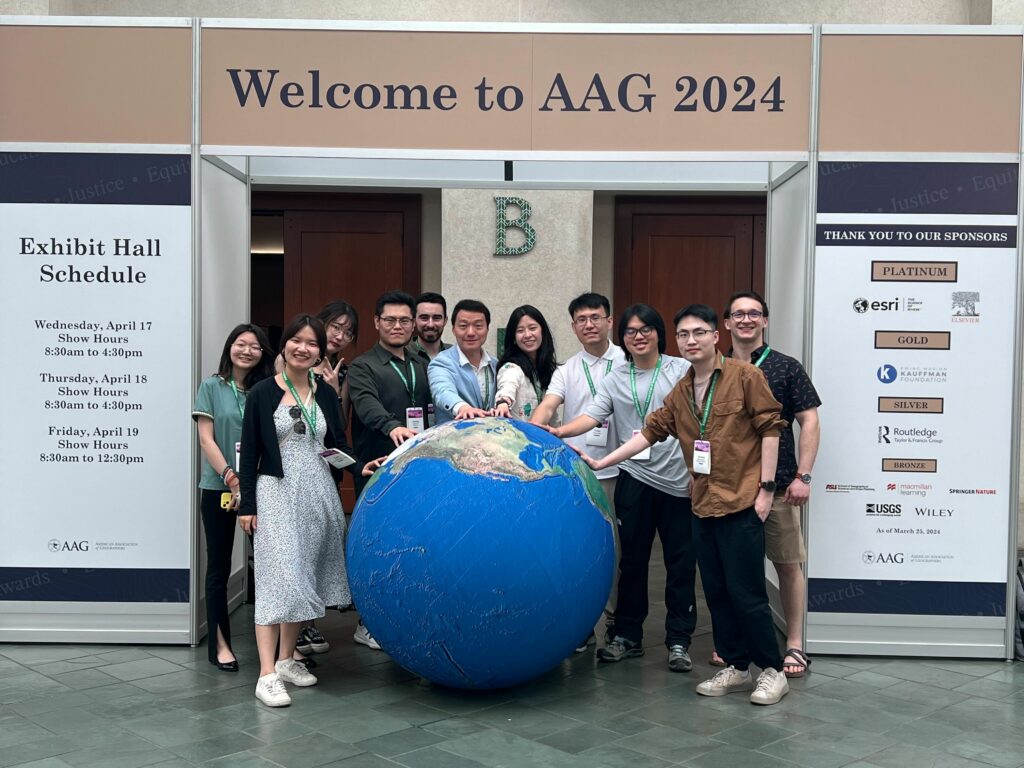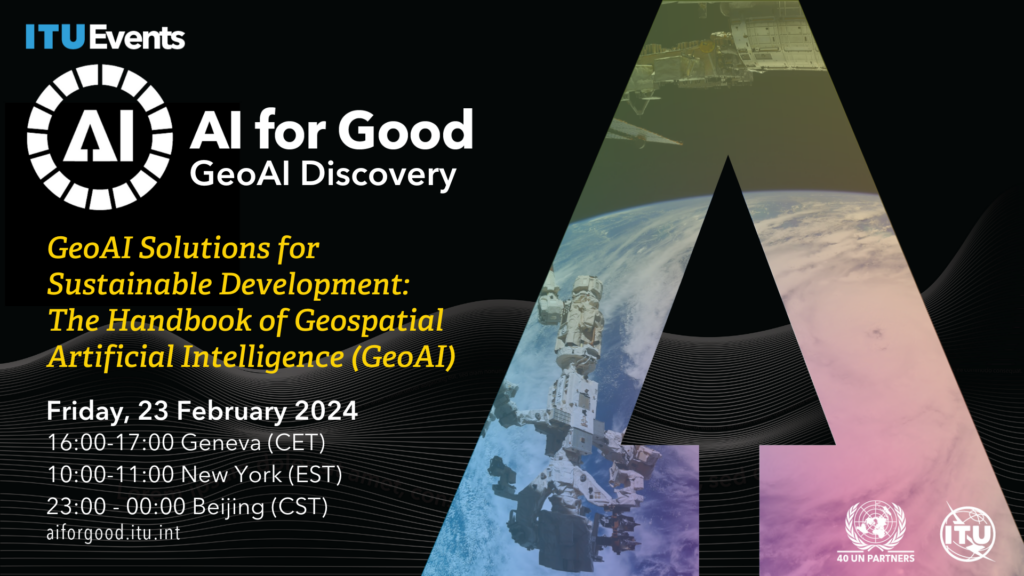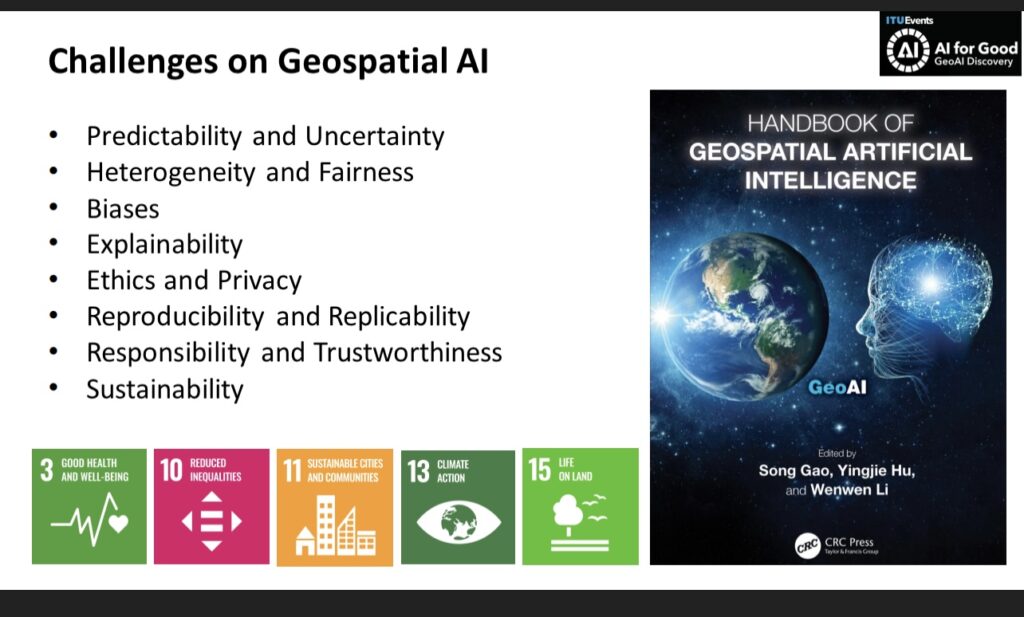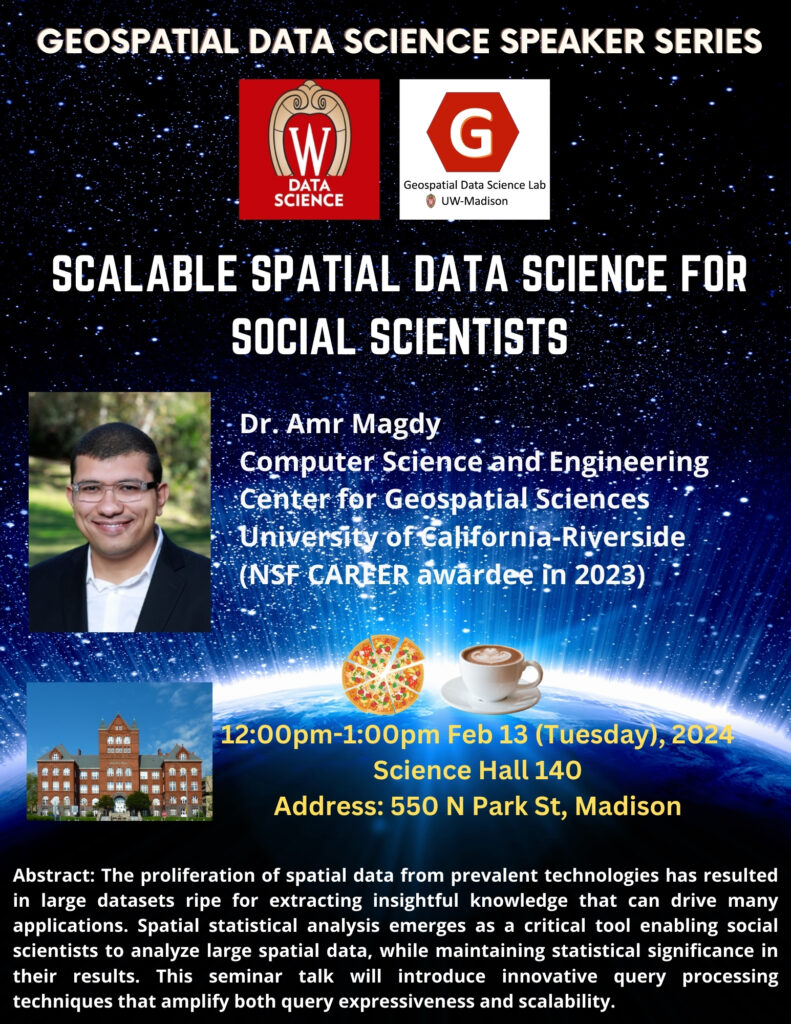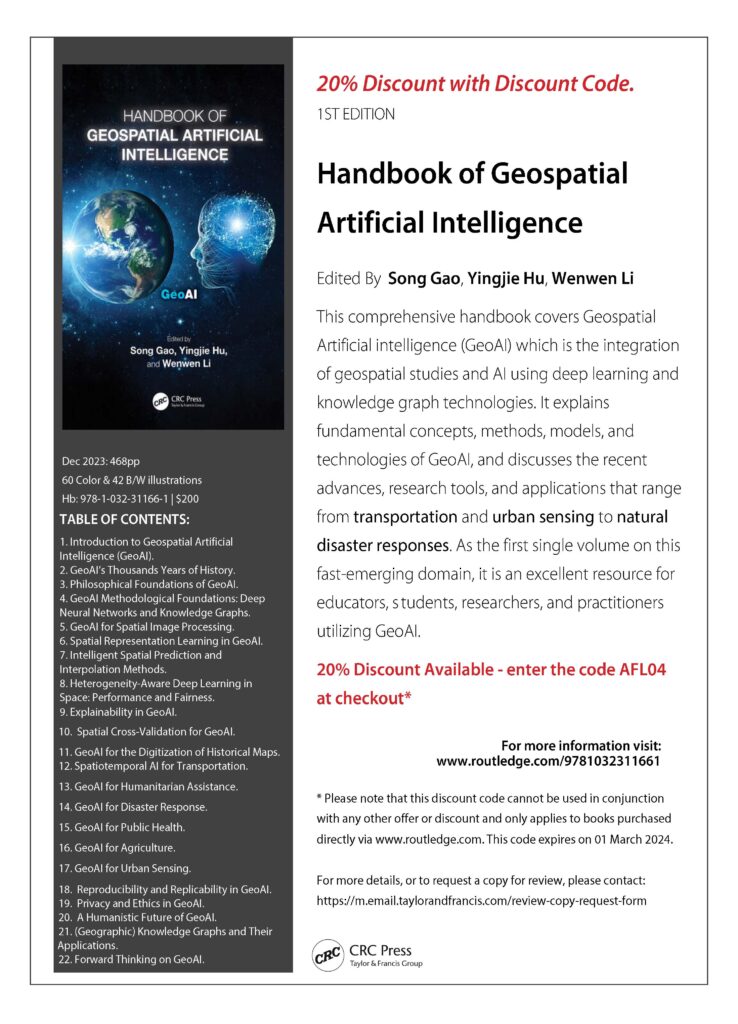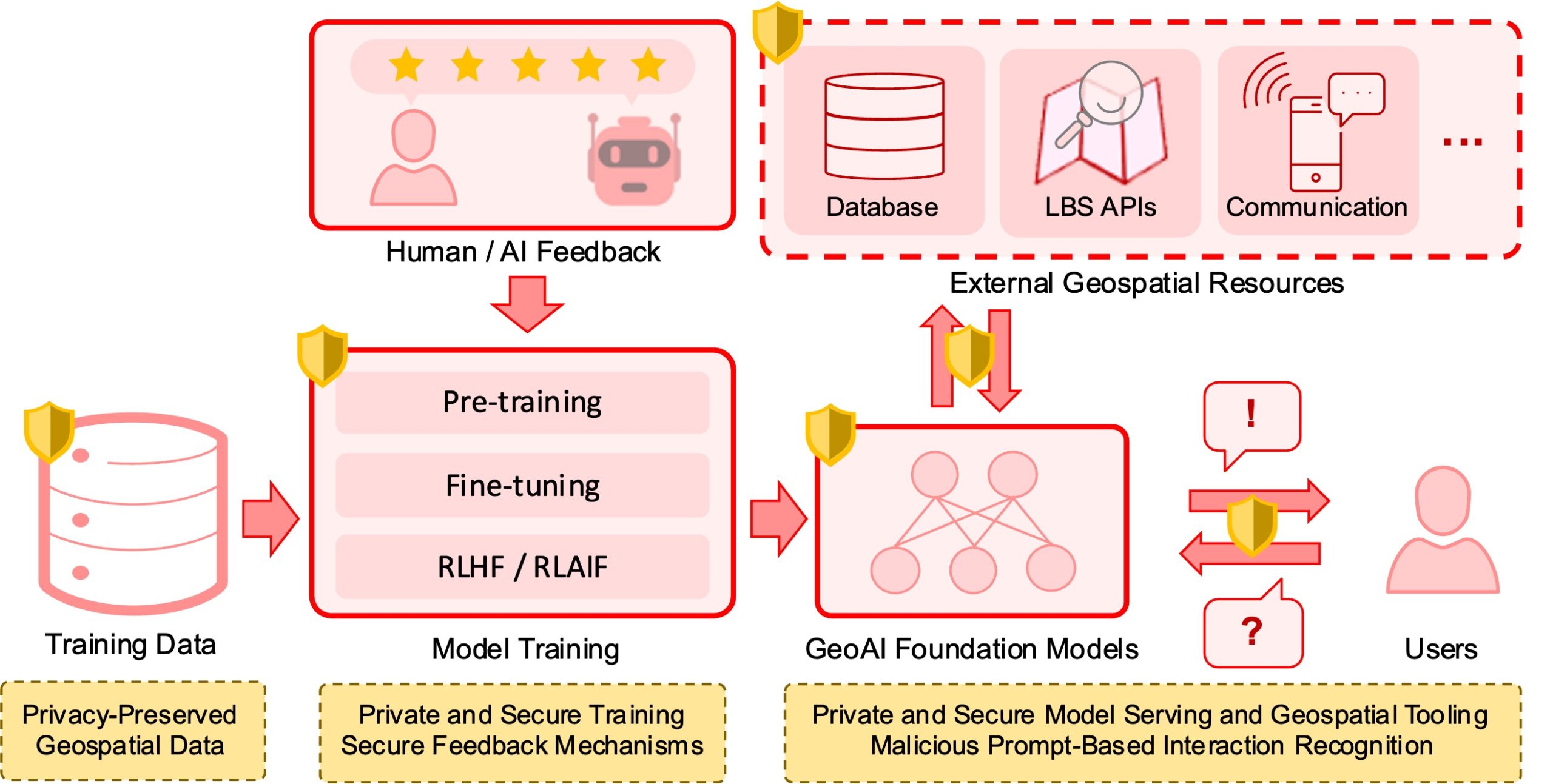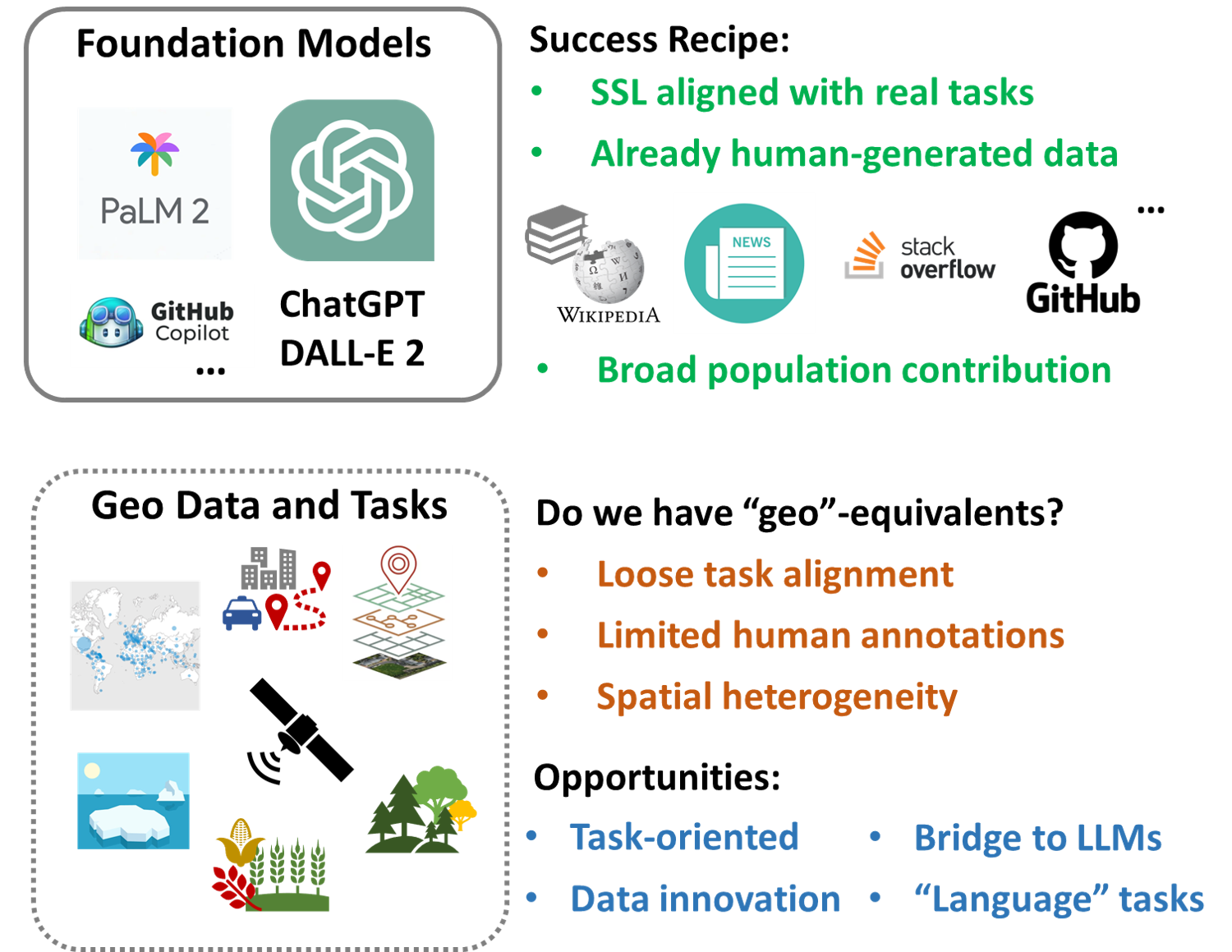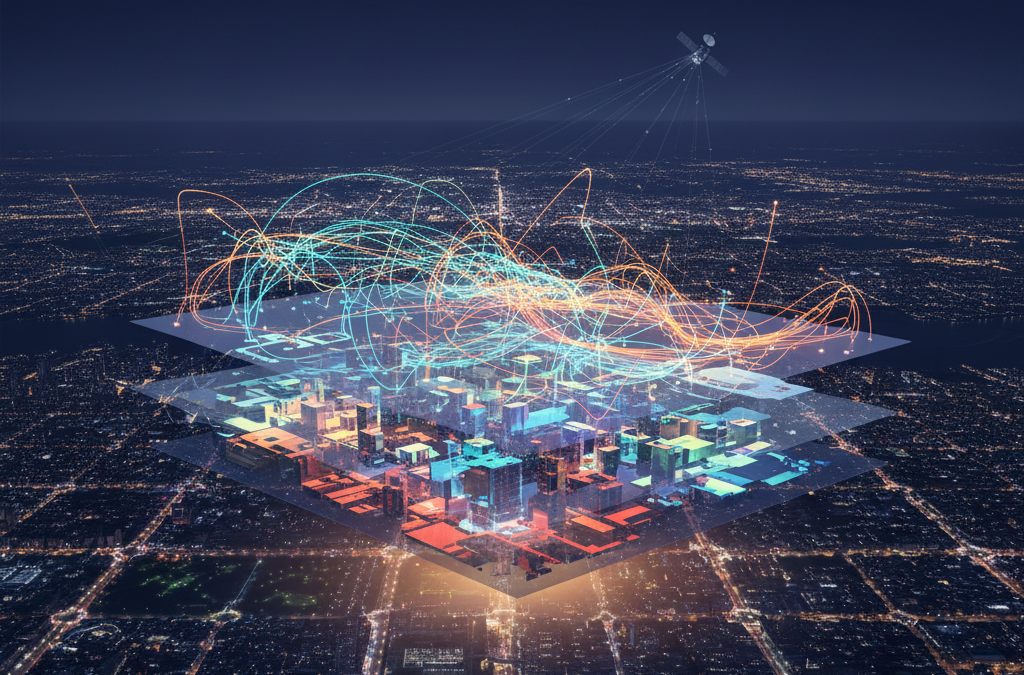
Understanding the interaction between complex urban environments and human mobility flow patterns underpins adaptive transport systems, resilient communities, and sustainable urban developments, yet inter-regional origin-destination mobility flow information from traditional surveys are costly to update. The satellite imagery offers up-to-date information on urban sensing and opens avenues to examine urban morphology-mobility dynamics. This study develops a deep learning model, Imagery2Flow for predicting fine-grained human mobility flows in urban areas using 10 to 30-meter medium resolution satellite imagery in a timely and low-cost manner. Extensive experiments demonstrate good performance and flexible spatial-temporal generalizability on the top-10 largest metropolitan statistical areas of the United States. Through exploring the spatial heterogeneous effects, we investigate the urban factors (centrality and compactness) influencing human movement flow distributions, enhancing our comprehension of their interactions. The spatial transferability of Imagery2Flow helps reduce regional inequality by informing decisions in data-poor regions, learning from data-rich ones. Interestingly, the typologies of urban sprawl can help explain the cross-city model generalization capability. The temporal transferability proves that human dynamics of cities and the process of urbanization can be well captured from the observed built environment by remote sensing.
Xu, Y., Gao, S.*, Huang, Q., Göçmen, A., Zhu, Q., & Zhang, F*. (2025). Predicting human mobility flows in cities using deep learning on satellite imagery. Nature Communications, 16(1), 10372. https://doi.org/10.1038/s41467-025-65373-z
The code of Imagery2Flow is publicly available at GitHub: https://github.com/GeoDS/Imagery2Flow
